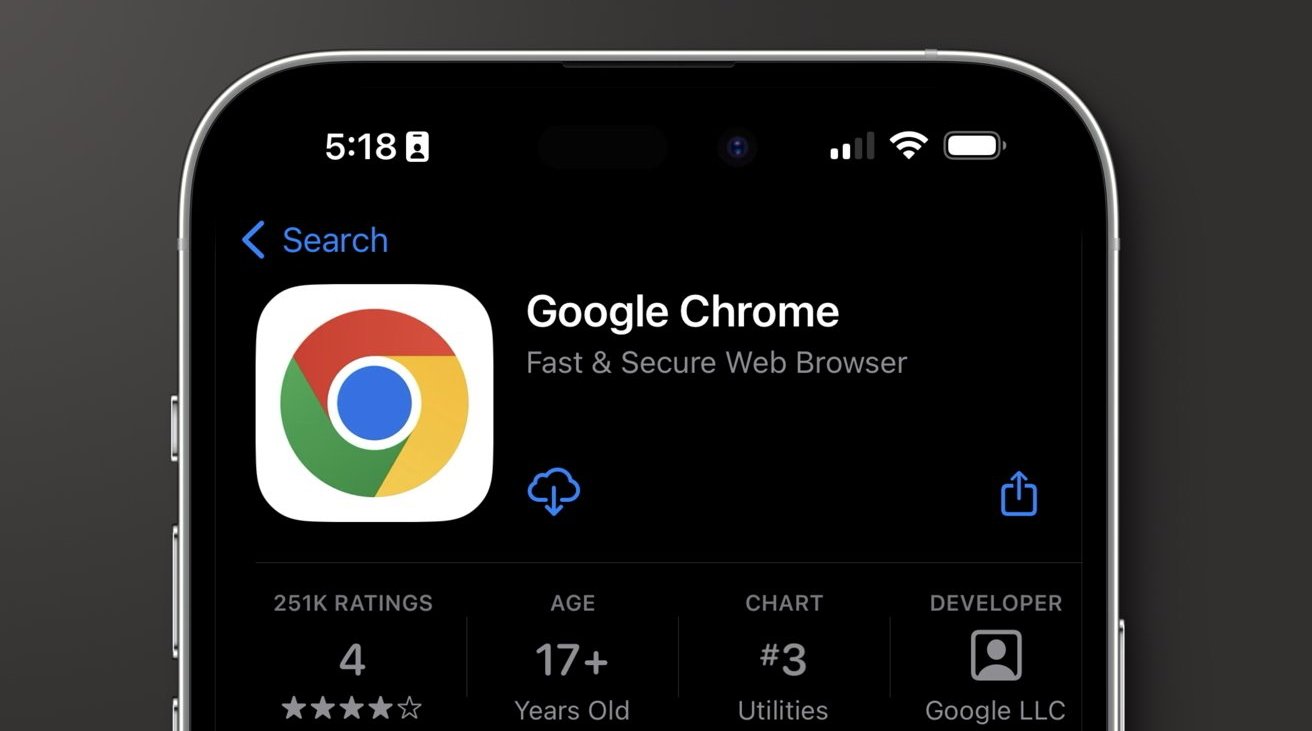You'll all pay for this, just you wait and see, says a petulant Google as the US Department of Justice is rumored to make it sell off its Chrome browser.
Chrome is the darling of the technology industry because technical people love its customizability. But that does come with the price of your battery life, plus what Google may or may not do with your data.
Consequently, it's common when you have a problem with a website to be told to switch to Chrome. For example, our own content management system works slightly better under Chrome than it does with Safari.
Anyways, Google is not the only corporation facing off against the DOJ. Where Apple is filing motions and otherwise not saying a word today that isn't vetted by lawyers, Google is practically shouting.
"The government putting its thumb on the scale in these ways would harm consumers, developers and American technological leadership at precisely the moment it is most needed," said Google executive Lee-Anne Mulholland in a statement seen by BBC News.
"The DOJ continues to push a radical agenda that goes far beyond the legal issues in this case," she added.
Google maintains that selling off Chrome to a third-party would make it much harder to keep the browser secure. That ship sailed years ago, though, with Chrome winning the trophy for the most vulnerable browser in 2022.
It also implies that Google is currently protecting us from outside threats, which hopefully is true, but could definitely be a distraction. Since in 2023 it was revealed that Google Chrome was intentionally defeating Apple's privacy features.
Consequently, selling off the browser would potentially leave Chrome users less sure of where their data is being taken and held. There's also the question of who would buy it, and whether they would have anything approaching Google's resources to keep developing it.
The potential forced sale of Chrome comes after the US agreed with the DOJ that Google is a search and advertising monopoly. One other thing that came out of the DOJ v Google trial was that the firm pays Apple up to $20 billion annually to keep it the default search engine on the iPhone.
